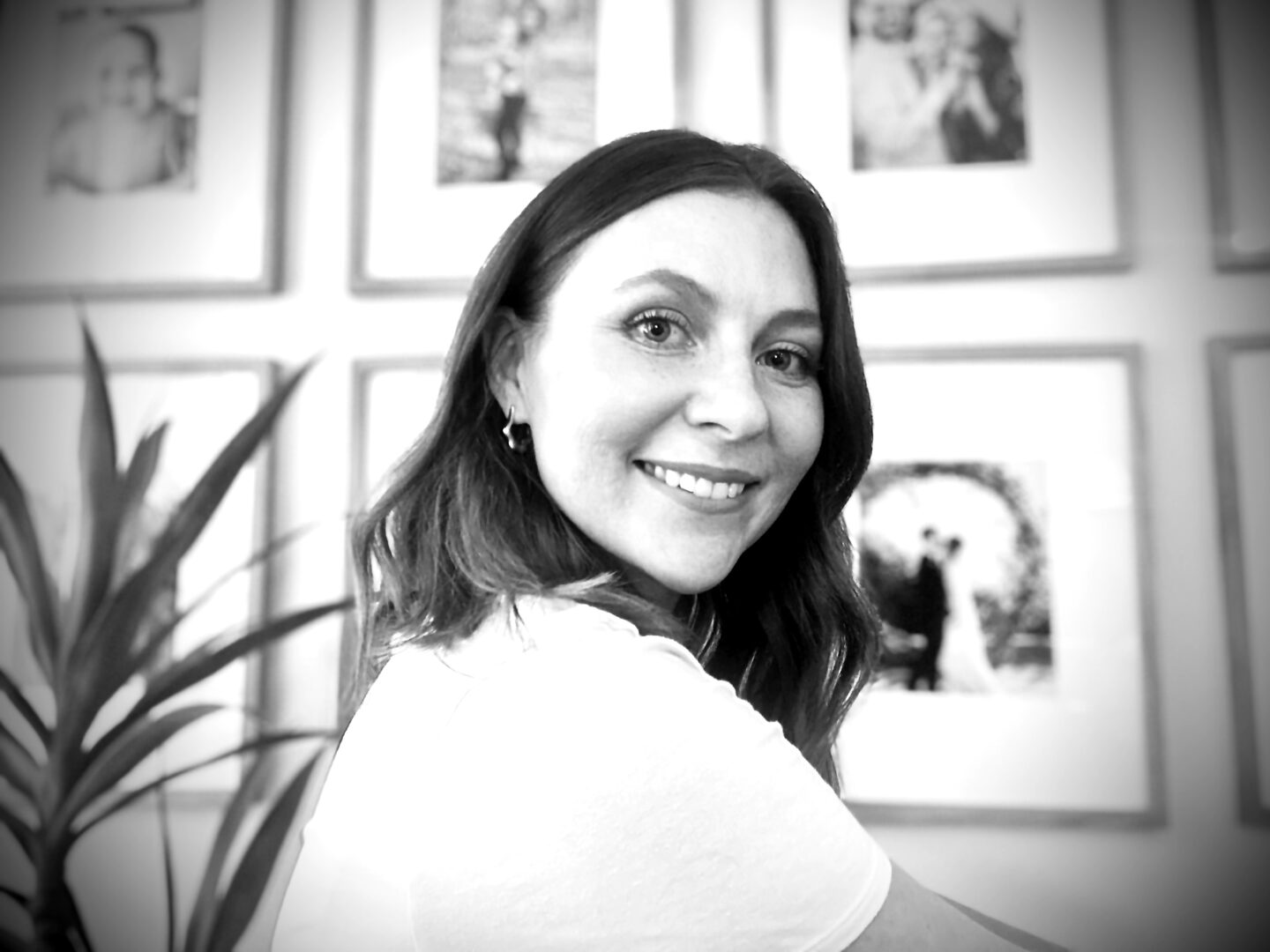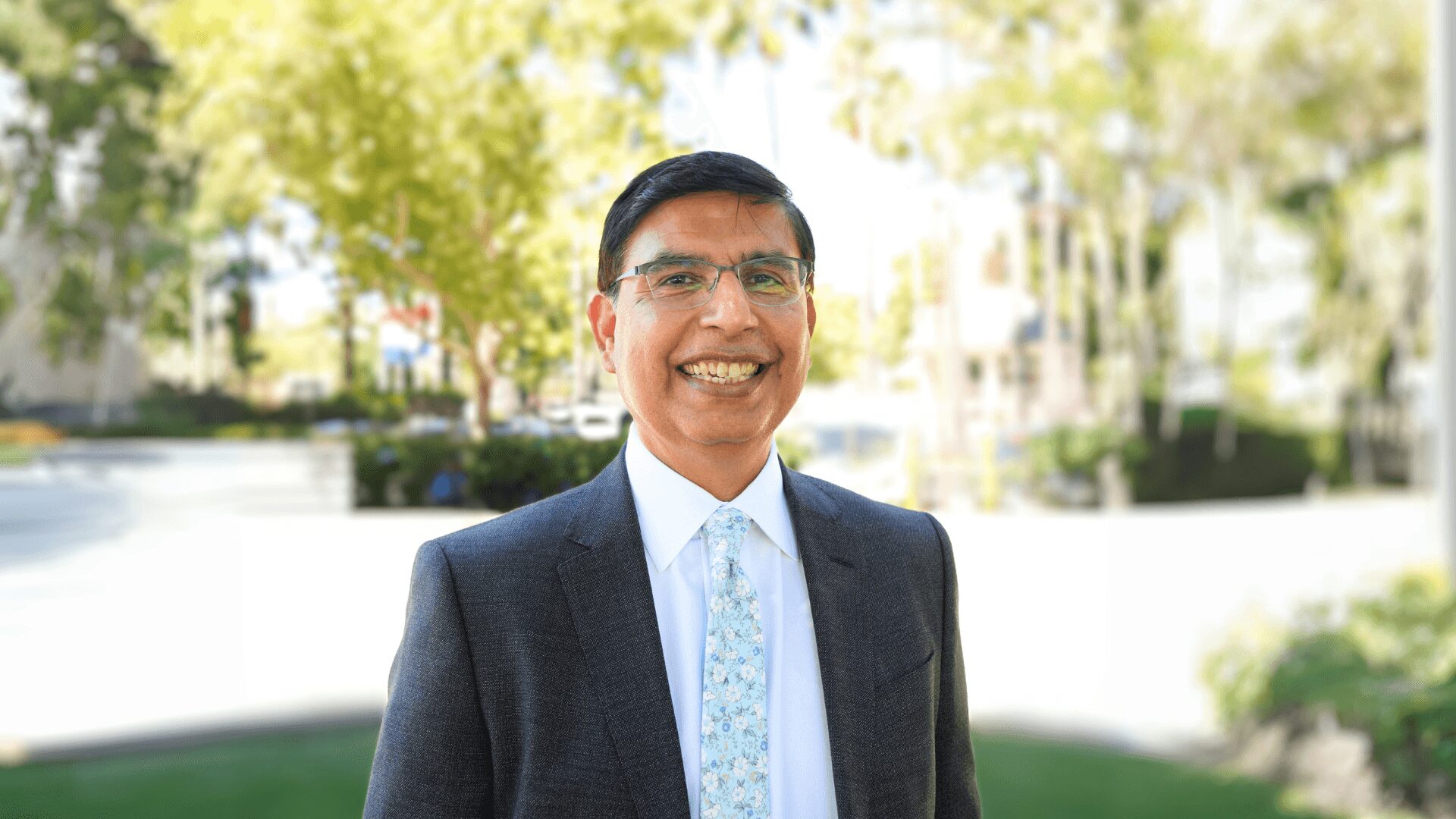We recently connected with Shengze (Mark) Ma and have shared our conversation below.
Shengze (Mark), first a big thank you for taking the time to share your thoughts and insights with us today. I’m sure many of our readers will benefit from your wisdom, and one of the areas where we think your insight might be most helpful is related to imposter syndrome. Imposter syndrome is holding so many people back from reaching their true and highest potential and so we’d love to hear about your journey and how you overcame imposter syndrome.
The imposter syndrome was my largest psychological barrier when I first started working as a cinematographer. Because the film profession is so creative, it was easy for me to form unfavorable opinions about my skills.
More practice is necessary for cinematography in addition to theoretical understanding. Finding practical opportunities required me to have the guts to approach the director in order to be given the chance to work as a cinematographer. I constantly doubted my ability to succeed due to a lack of experience, inadequate technological skills, etc. As a result, I frequently put off working until the last minute and then anxiously prepared.
Now that I’ve nearly conquered this problem, I’ve discovered that my lack of confidence is the primary cause of my impostor syndrome. At first, due to my insufficient experience and lack of professional knowledge, I was occasionally unable to provide the quickest and most correct solutions on set when it came to fixing issues like adjust lighting or mis-en-scene, which might have a negative impact on the team’s morale and delay work. But as I gained sufficient theoretical knowledge and on-set experience and also practiced strong psychological qualities as I solved each difficulty, my confidence grew, and the impostor syndrome issue gradually went away.
However, I also think that receiving input is crucial. Constructive feedback from friends, mentors, or coworkers provides me with an objective perspective and makes it easier for me to recognize my strengths and places for development. I can feel more confident and at ease when I receive some support. Those affirmations and supportive remarks are crucial in reducing feelings of inauthenticity. In the film industry, it is so important to have a circle of like-minded friends.

Thanks for sharing that. So, before we get any further into our conversation, can you tell our readers a bit about yourself and what you’re working on?
My name is Shengze (Mark) Ma, and I’ve been working as a cinematographer. I intended to understand the truth of our society by observing other people and documenting their stories through photography. This helps me explore imagery’s capacity to manifest a subject objectively. After advanced training in cinematography, I delved into examining my themes through a subjective lens and fictional narrative. In contrast to the objective nature of documentary photography, with fiction, I got to discuss the different possibilities of my protagonists when they encountered challenges. The ability to capture the character’s emotions and produce cinematic lighting that reflects the character’s true feelings was helped by my observation and exploration of still photography. Using film lighting to create a scene that is as real and unnoticeable as possible while following the audience’s logical reasoning is one of the things I love about cinematography. The observations in life have always inspired me.

If you had to pick three qualities that are most important to develop, which three would you say matter most?
Stay humble, Keep the capacity to learn new things, Maintain observation and reflection of life
‘You have to be modest’, an elderly Hong Kong cinematographer told me. As a young cinematographer, don’t be complacent about occasional success, there is still a lot to learn. I benefit from talking to people and asking for guidance because everyone has various knowledge and talents, you never know when these abilities will come in useful. In addition, in this age of swift technological advancement, it’s also critical to preserve the capacity to discover new things. I enjoy devoting a lot of time to learning about equipment updates and the creation of new technology since, once fully comprehended, it becomes easier to use. In my opinion, this is the cornerstone of becoming a cinematographer. Life is like a movie. You can experience a wide range of events, observe everything, and consider how it relates to society. A thorough comprehension of the screenplay is essential for a cinematographer, hence, life observation is of great importance. Life is also the source of lighting in films, observing life is likewise necessary to create appropriate film lighting.

How would you spend the next decade if you somehow knew that it was your last?
My biggest challenge right now as a newcome cinematographer is trying to locate more chances. In addition to the student films, I would like to work on other projects outside of school, such as commercials and music videos. I would enjoy the opportunity to try and get more knowledge in various artistic styles, and to connect with other creative filmmakers who share the same passions and gather amazing stories.
Contact Info:
- Website: https://www.shengzema.com
- Instagram: https://www.instagram.com/marker_mark13
- Youtube: https://www.youtube.com/@markermarkmark




Image Credits
Minjia Du
Kailuo Zheng
Ging Chen Sow
so if you or someone you know deserves recognition please let us know here.




